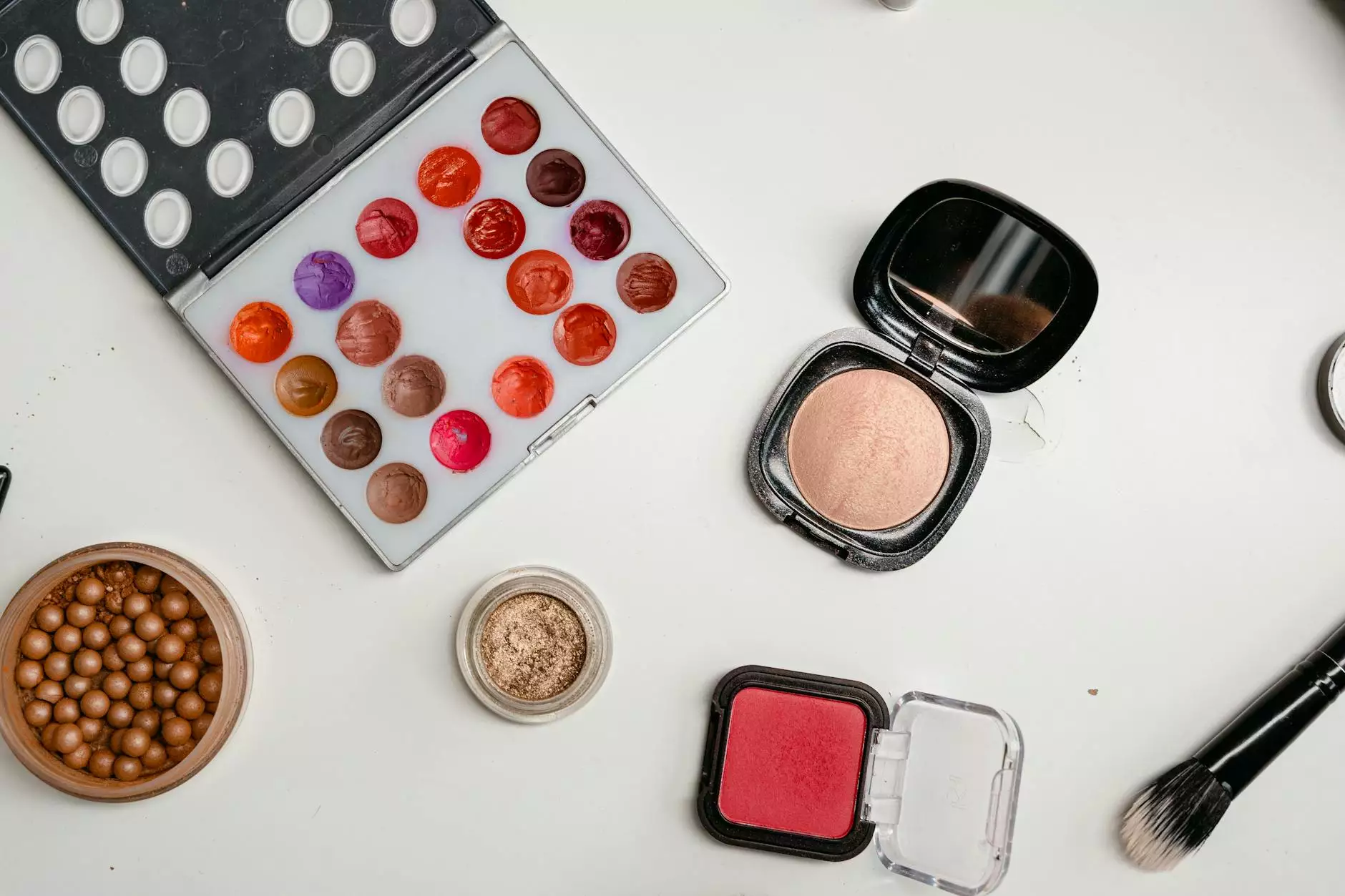Unleashing the Power of Cosmetic Sales: A Comprehensive Guide

In today’s vibrant and fast-paced market, cosmetic sales stand out as one of the most lucrative segments in the beauty industry. With the growing demand for beauty products, businesses like awolove.com have a golden opportunity to capitalize on this burgeoning market. In this article, we will delve deep into the world of cosmetic sales, exploring techniques, strategies, and insights that can help any business thrive in this competitive landscape.
The Current Landscape of Cosmetic Sales
The global cosmetics industry has been experiencing significant growth over the past decade. According to industry reports, the market is expected to reach an astonishing $800 billion by 2025. This robust growth is driven by several factors:
- Increased Consumer Awareness: More consumers are becoming conscious about the products they use, prompting a shift towards high-quality and ethically sourced cosmetics.
- Technological Advancements: Innovations in formulation and packaging have led to the development of superior cosmetics that cater to customer preferences.
- Rise of E-commerce: The ease of online shopping has made beauty products more accessible than ever.
Understanding Your Target Market
To excel in cosmetic sales, it’s crucial to understand who your customers are and what they are looking for. Here are some key demographics to consider:
- Age Groups: Different age brackets have varied needs; for instance, younger consumers may seek trendy and affordable products, while older consumers may look for anti-aging solutions.
- Gender: Although cosmetics are primarily associated with women, a rising number of men are entering the market, seeking grooming and skincare products.
- Lifestyles: Understanding the lifestyle of your target audience helps tailor your marketing strategies effectively.
Creating an Effective Product Line
The cornerstone of thriving in cosmetic sales is having a well-considered product line. Here are some vital tips for creating an impactful lineup:
- Diversity: Offer a range of products that appeal to different customer preferences, including skincare, color cosmetics, and makeup tools.
- Quality over Quantity: Focus on providing high-quality products that meet customer expectations. Investing in excellent ingredients and packaging can enhance your brand perception.
- Brand Story: Develop a compelling narrative around your brand. Consumers today seek brands that resonate with their values and aspirations.
Effective Marketing Strategies for Cosmetic Sales
Once you have established your product line, the next step is to effectively market your cosmetics to potential customers. Here are some impactful marketing strategies:
1. Leverage Social Media
Platforms like Instagram, TikTok, and Pinterest are excellent for showcasing cosmetics. Use these channels to:
- Create Engaging Content: Post tutorials, user-generated content, and behind-the-scenes glimpses of product creation.
- Collaborate with Influencers: Partnering with beauty influencers can amplify your reach and engagement rates.
- Run Promotions and Giveaways: This can help build excitement around product launches and generate user engagement.
2. Optimize Your E-commerce Presence
With the majority of cosmetic purchases occurring online, having a robust e-commerce strategy is vital:
- User-Friendly Website: Ensure that your website is easy to navigate, mobile-friendly, and visually appealing.
- SEO Best Practices: Optimize your site for search engines with keyword-rich content focusing on cosmetic sales and relevant long-tail keywords.
- Customer Reviews: Encourage satisfied customers to leave reviews, as these can significantly influence potential buyers.
3. Establish a Strong Brand Identity
Your branding is your business's face. To create a memorable identity:
- Consistent Branding: Use consistent colors, fonts, and messaging across all platforms to create brand recognition.
- Unique Selling Proposition (USP): Define what makes your products unique; this could be sustainability, cruelty-free testing, or a particular ingredient advantage.
The Importance of Customer Engagement
Building a loyal customer base is essential for long-term success in cosmetic sales. Here are a few strategies to enhance customer engagement:
- Personalized Experiences: Use customer data to tailor recommendations and offers based on previous purchases.
- Follow-Up Strategies: Reach out post-purchase to thank customers and ask for feedback. This can lead to higher retention rates.
- Loyalty Programs: Implement programs that reward repeat customers with discounts or exclusive offers.
Future Trends in Cosmetic Sales
As the beauty industry evolves, so do the trends affecting cosmetic sales. Here are some future trends worth noting:
- Clean Beauty: The demand for organic and natural cosmetics is on the rise as consumers become more conscious of ingredients.
- Inclusivity: Brands that cater to all skin tones and types are gaining traction, appealing to a broader customer base.
- Technological Innovations: Augmented reality (AR) in makeup applications allows customers to virtually try products before purchasing.
Conclusion: Thriving in the Cosmetic Sales Arena
In conclusion, excelling in cosmetic sales requires a blend of understanding market dynamics, establishing a robust brand identity, implementing strategic marketing, and focusing on customer engagement. By leveraging these insights and adapting to the constantly changing landscape of the beauty industry, businesses like awolove.com can not only survive but thrive. With dedication, innovation, and a strong connection to their consumers, the potential for success in cosmetic sales is limitless.









